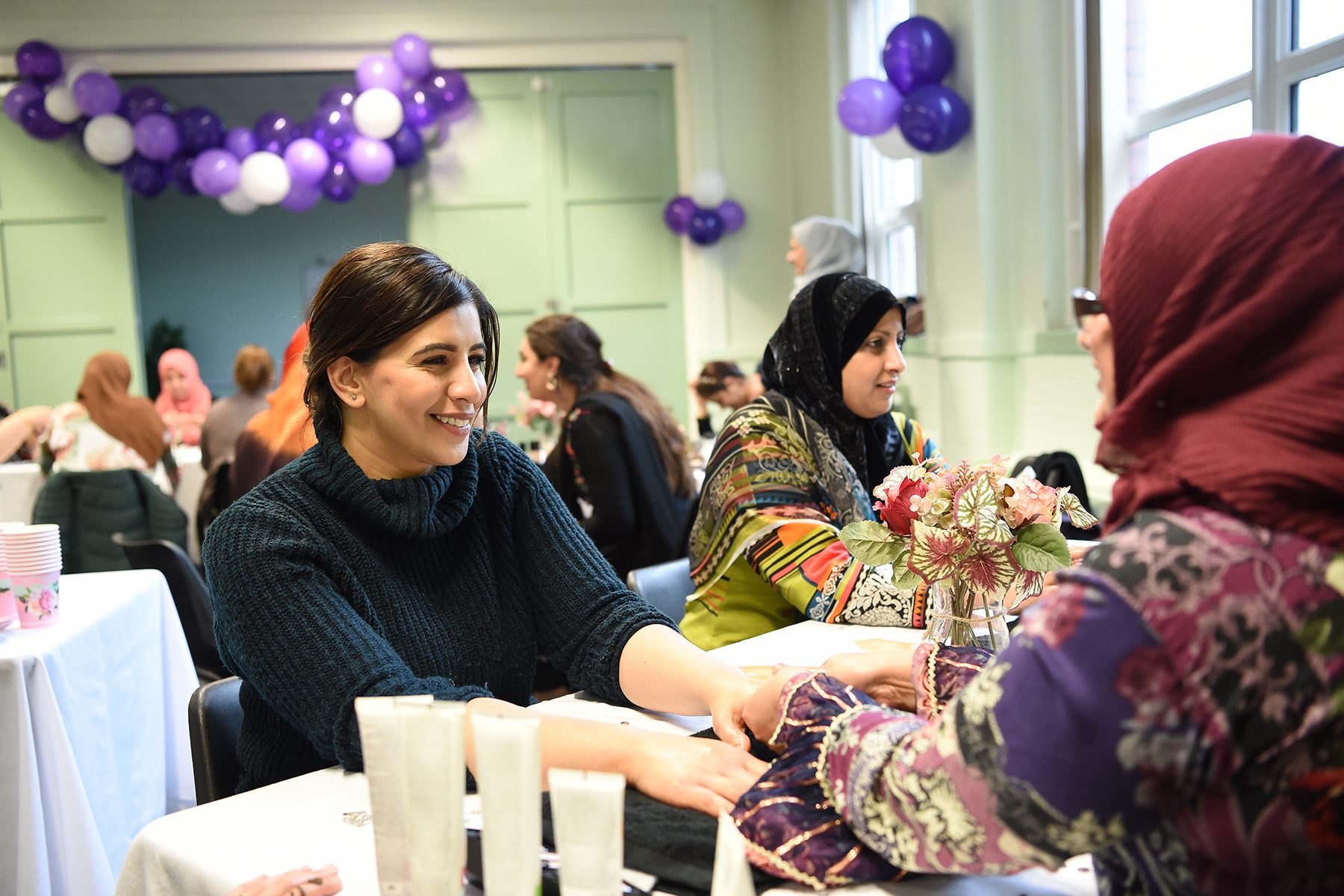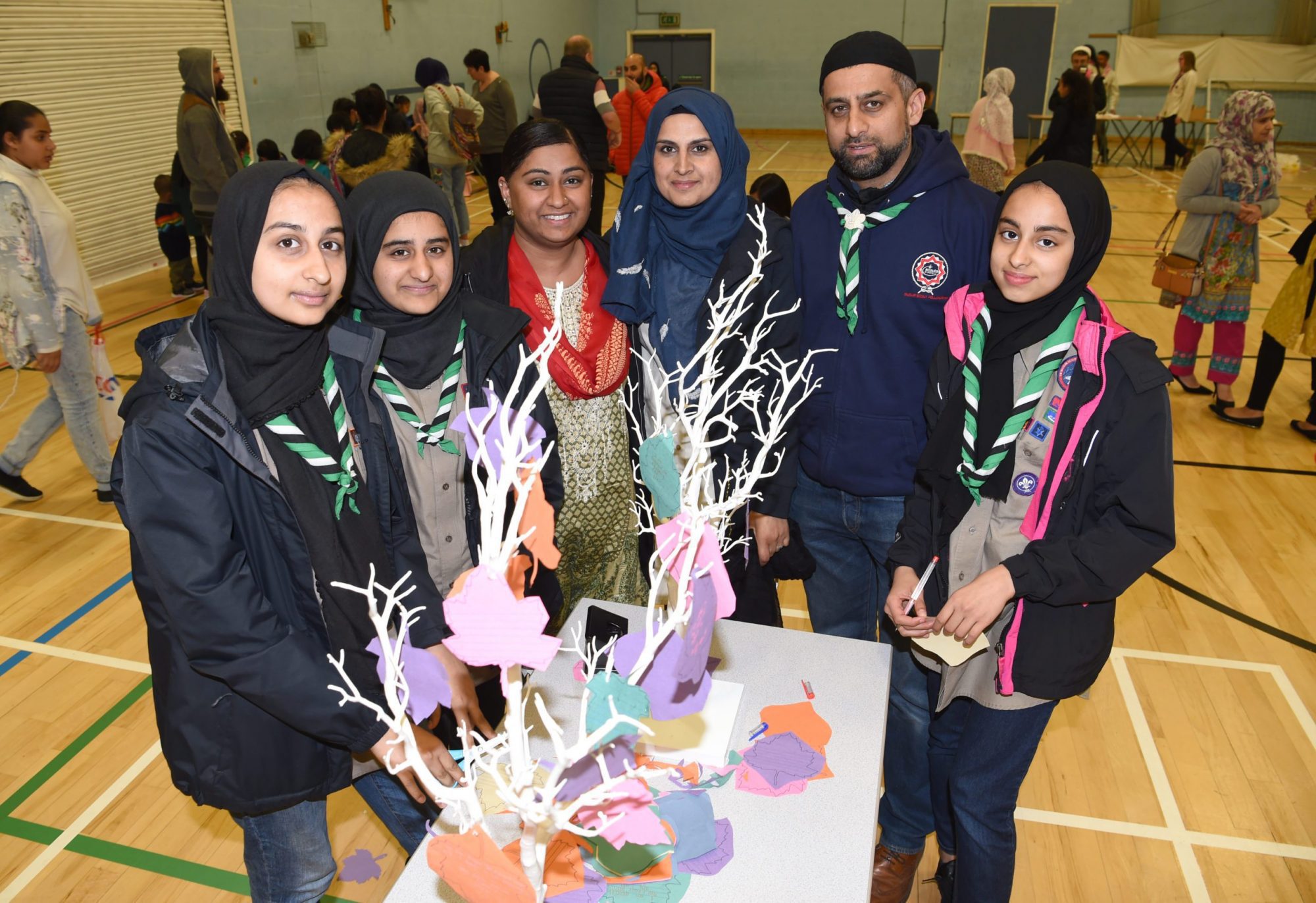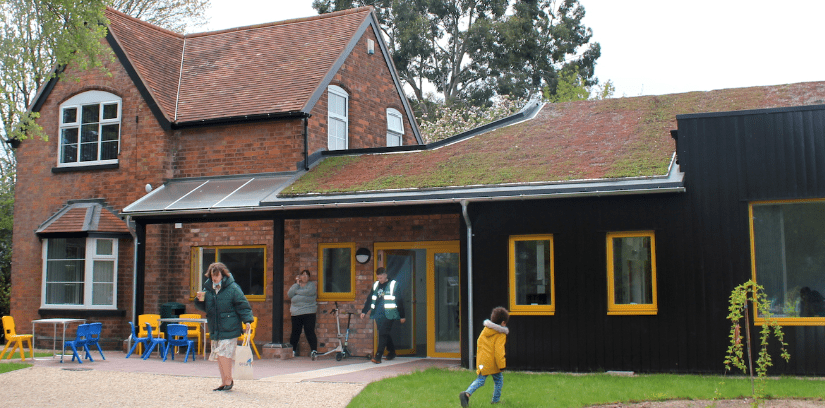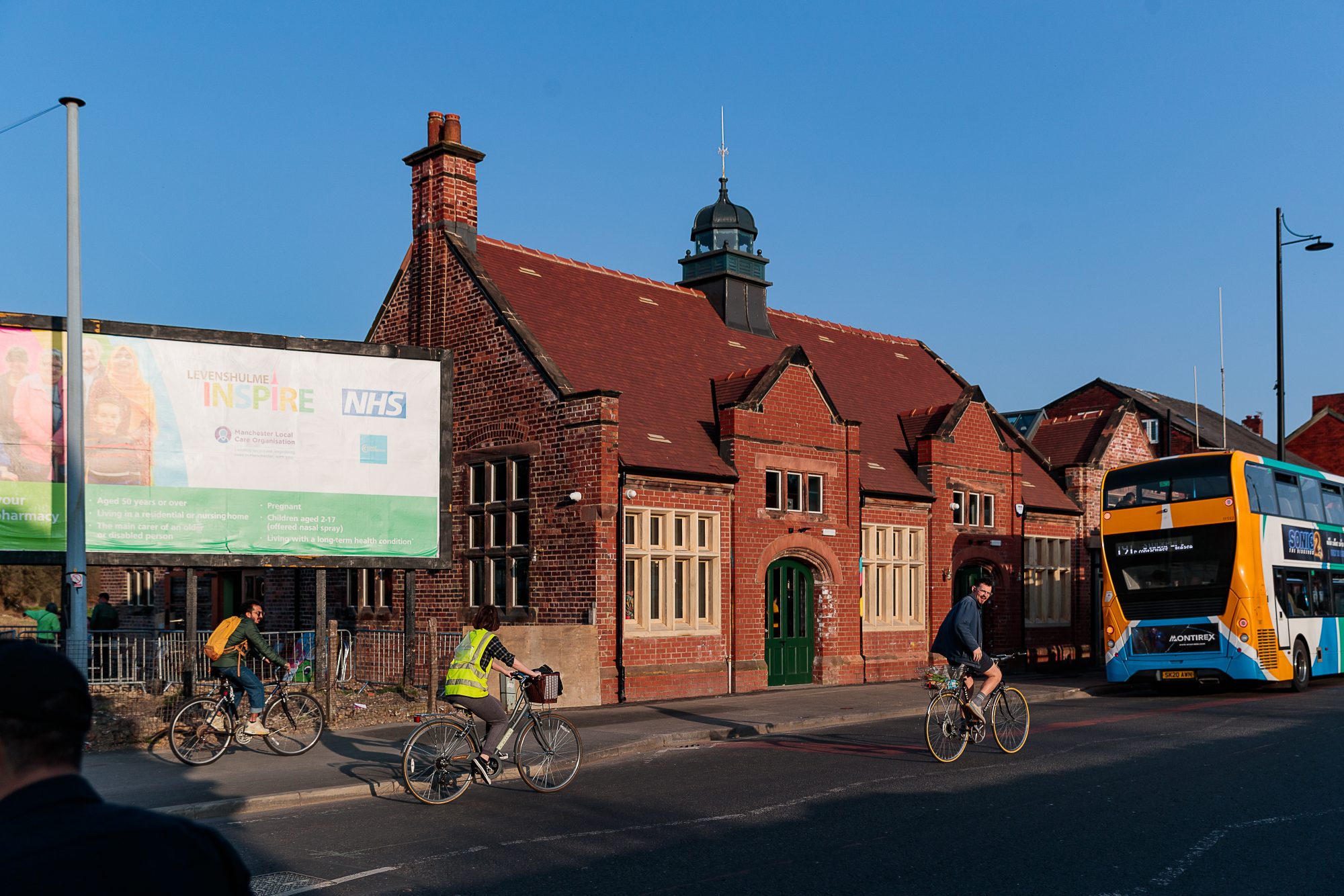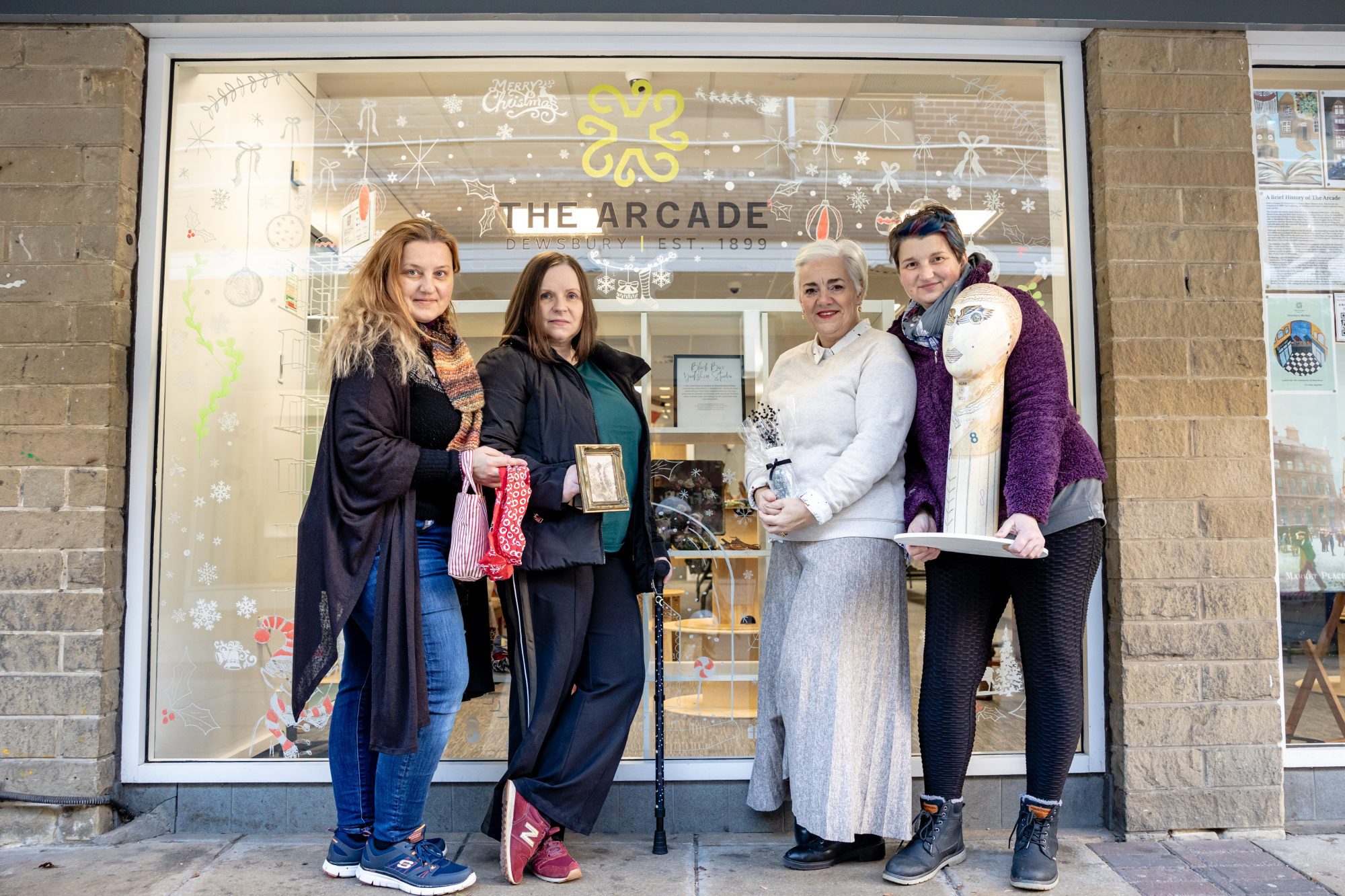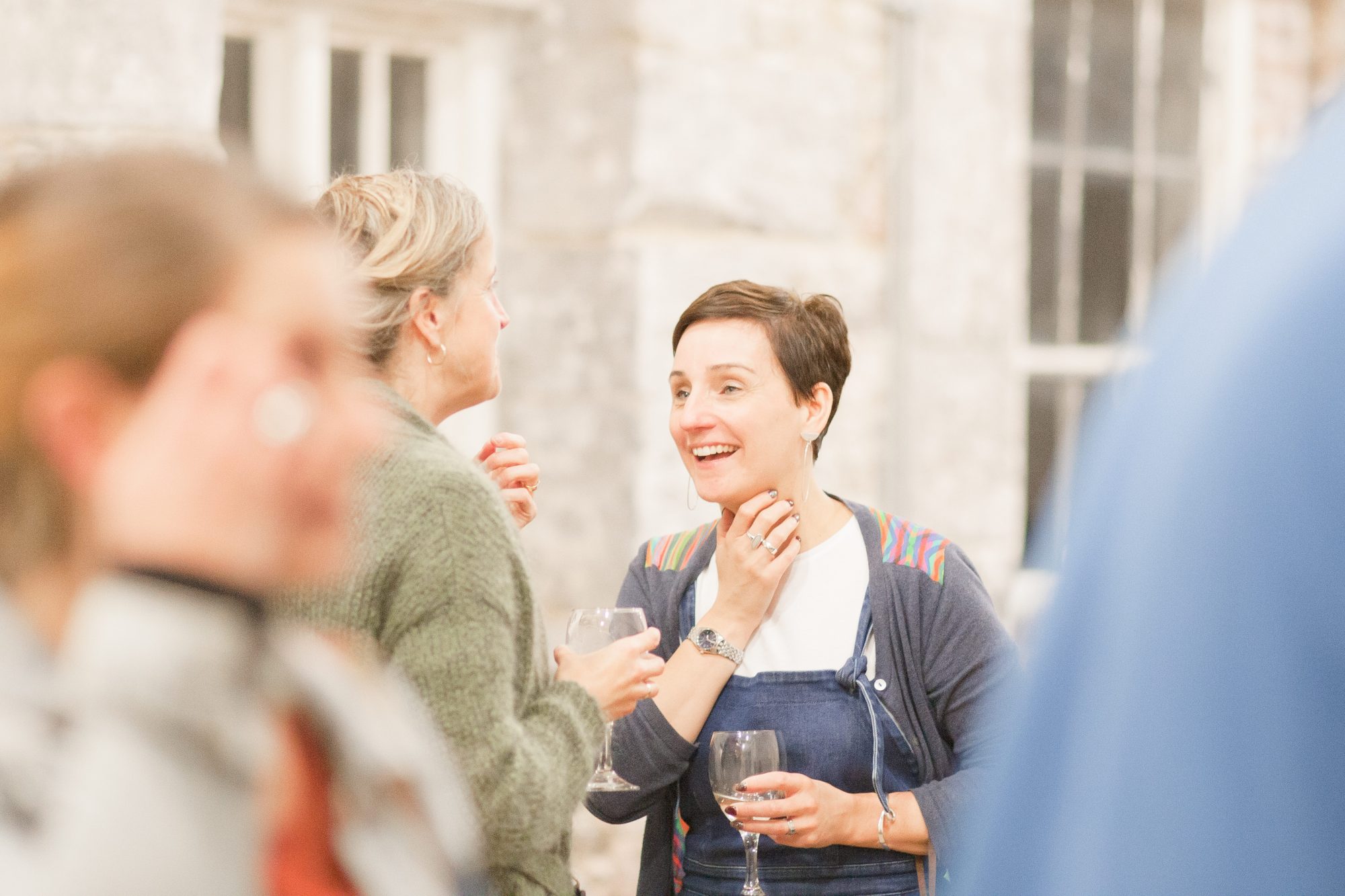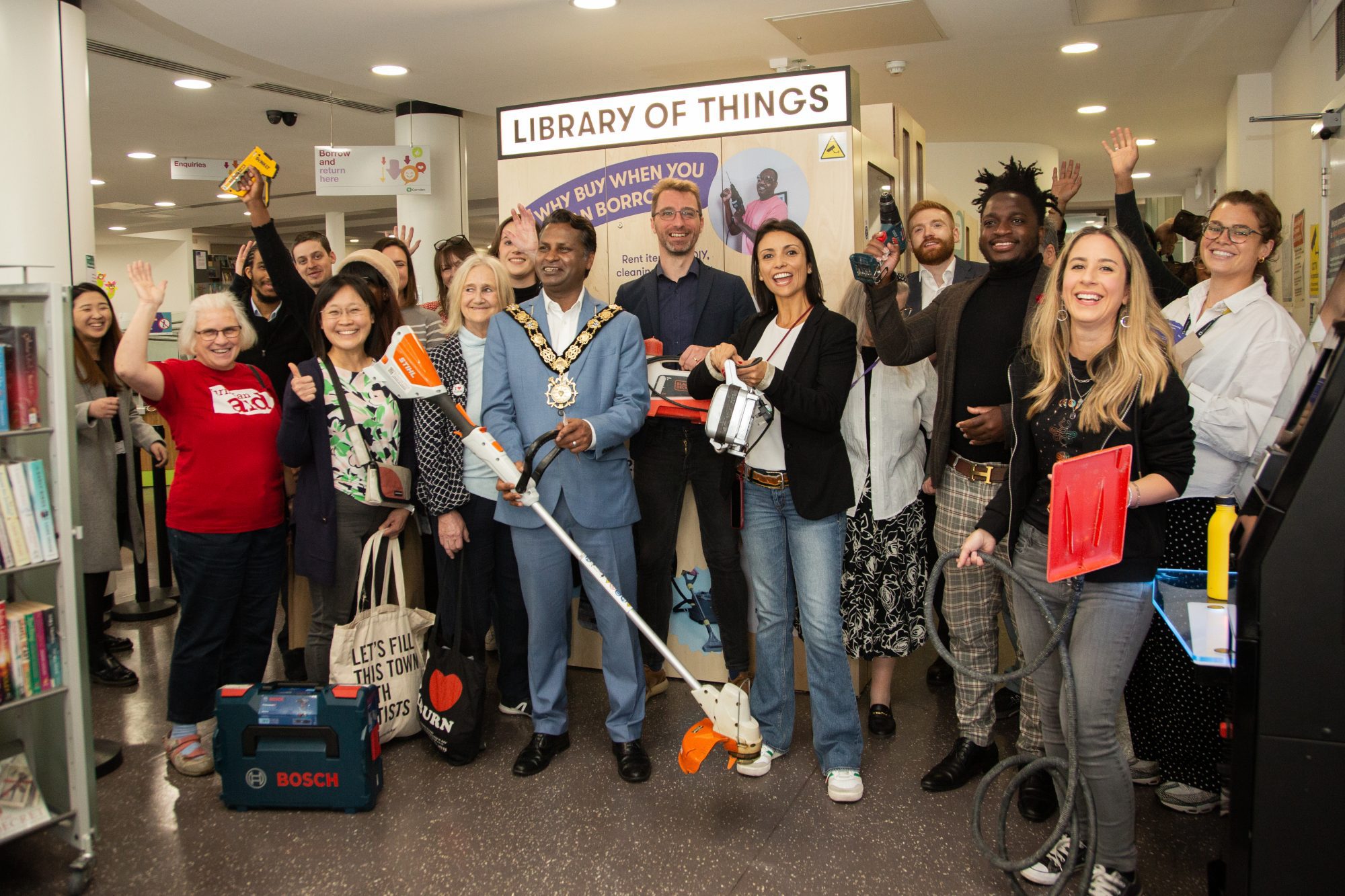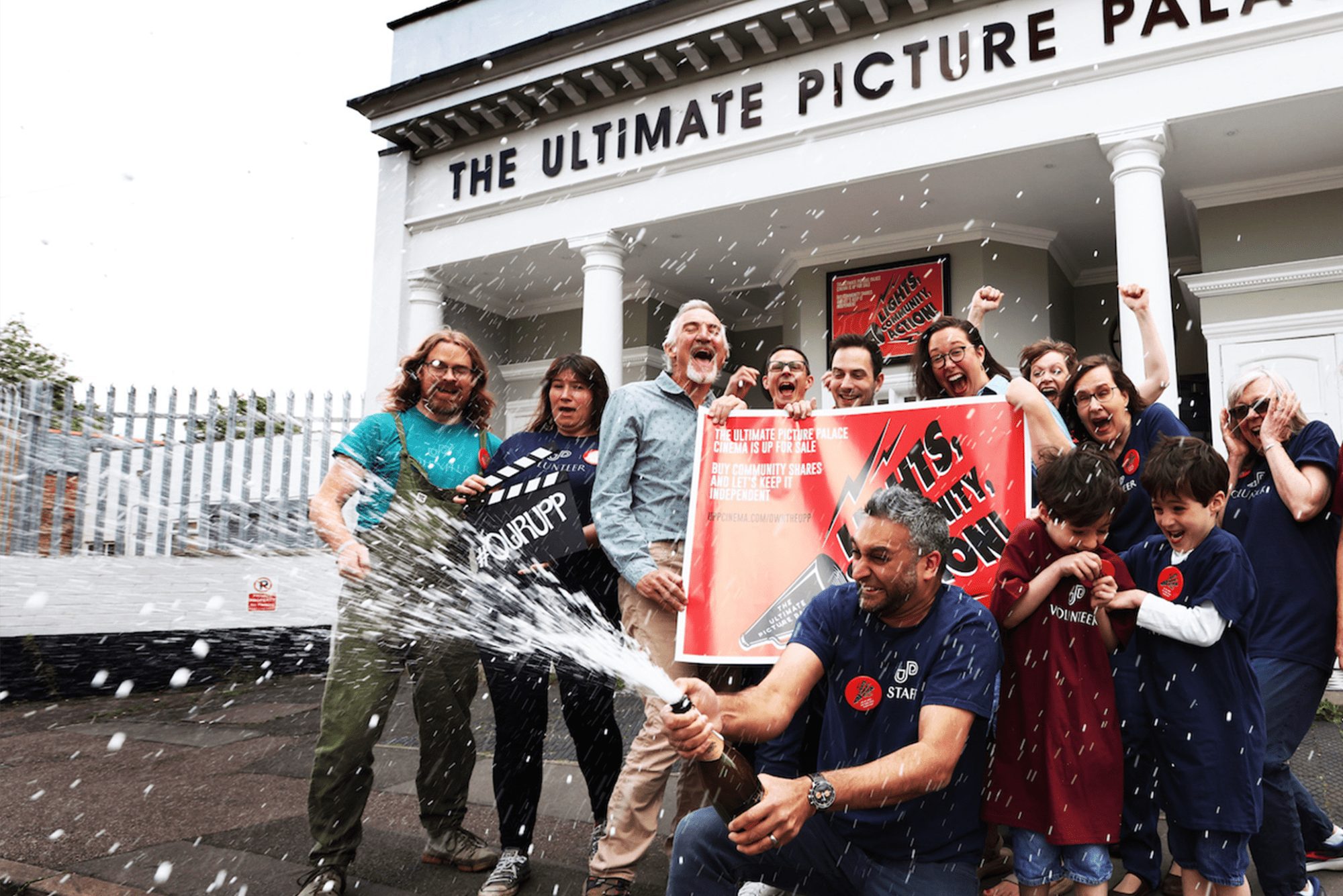Blackburn has some of the poorest wards in the UK. 34% of its population is Black, Asian and minority ethnic, in particular South Asian families, as well as a recent influx of refugee communities. Many families live in overcrowded housing. Despite those depressing statistics, the parents in the area have huge aspirations for their children and so ten years ago they took matters into their own hands.
The CEO, Zaffer Kahn, was involved from the start. A former journalist, he’s a public relations and marketing professional. “I was made redundant in 2013 and One Voice Blackburn was a great project for me to use my skills and support my community,” he said.
How did they do it?
In 2011 a group of parents in the area came together who were deeply concerned about the future prospects of their children. They wanted to involve the whole community to find out about the wider concerns and so they ran a series of focus groups. They found out that their neighbours most wanted to tackle health inequalities and focus on leadership and empowerment of young people. Out of that, One Voice Blackburn was born.
What is their social impact?
One particular area of impact is that of gender inequalities within the community. For example, the girl’s group West End Girls, which includes everything from forming their own bands to setting up a YouTube channel, gives them an opportunity to express themselves in a way that would have been more difficult in a mainstream setting.
Covid-19 has been a huge challenge for the organisation. The BAME community has been disproportionately affected, and Blackburn has experienced more stringent longer-term restrictions than other areas of the UK. “We went digital straightaway,” Zaffer explains, “so we were ahead of the game. Then we found out there were inequalities, in that people couldn’t afford the technology to work from home. Not everyone is comfortable with it, especially vulnerable groups but we are making progress in these most extreme of times.”
How is it community led?
One Voice is a membership organisation and is open to all the diverse and multi-ethnic communities within Blackburn.
